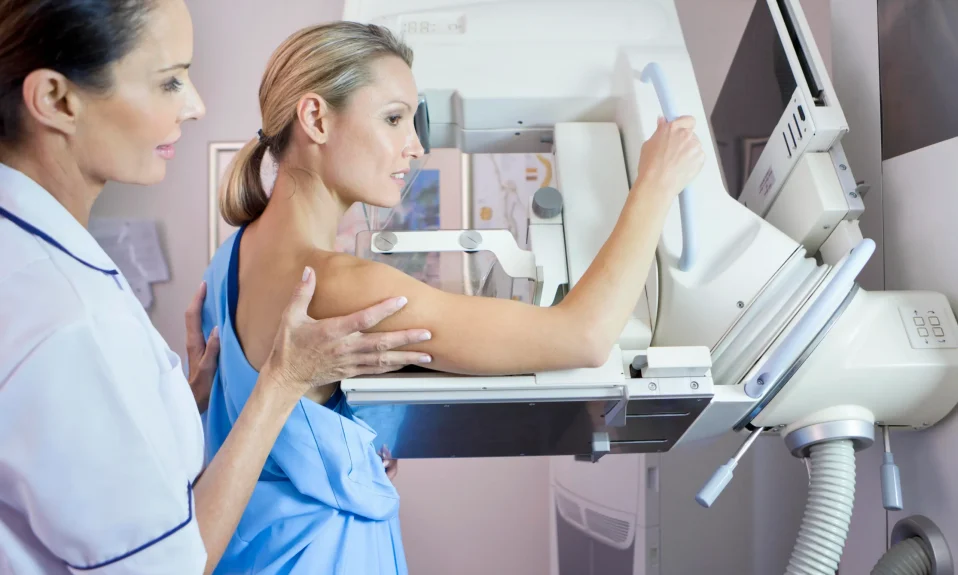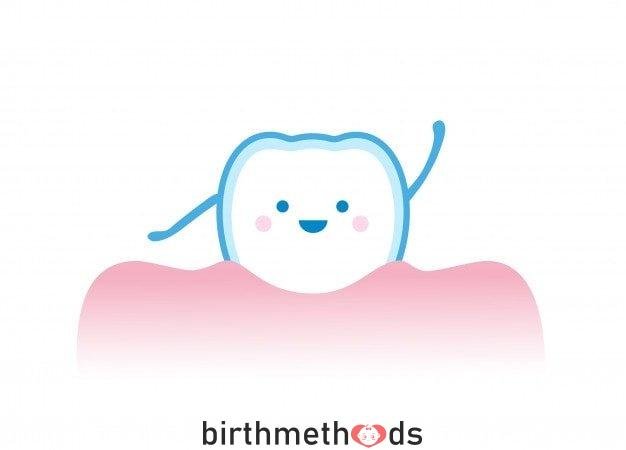Mothers should pay special attention to nutrition during the postpartum period. Nutrition is very important not only for themselves but also for their babies. The healthier the mothers eat, the better the milk quality and their babies directly benefit from this nutrition. During the postpartum period, mothers should consume foods rich in vitamins and minerals and count daily calories. The vitamins and minerals taken by the mother will both support her recovery and help her baby’s development. Regular nutrition in puerperium is very important in re-arranging the balance of changing hormones during pregnancy.
Fluid Consumption During Postpartum
During the postpartum period, the mother should pay attention to drinking plenty of fluids. Fluid monitoring should be done with great care and care. He can take notes for himself for liquid tracking, if he wants, he can install an application such as a water reminder on his phone and follow it from there. If he has helpers such as his mother or wife, he can tell them and ask them to be reminded. As a liquid, not only water, but also fresh fruit juice, compote, ayran, herbal tea can be consumed. However, attention should be paid to their content and should be examined in terms of sugar. Liquids that are harmful to health should not be consumed.
During the postpartum period, the mother should take at least 3 liters of water to produce healthy and productive milk. If we get 1 liter of water from foods such as soup and tea, the remaining 2 liters should be completed by drinking water. We have counted herbal tea as an alternative to liquid consumption, but there may be black tea and coffee drinkers among us, we have bad news for them. Most experts do not recommend the consumption of black tea and coffee during puerperium. If you are using it, it is useful to reduce it. If you can’t finish your black tea and coffee consumption, try drinking it without sugar and reduce the intensity. You can complete the day by drinking a small amount of unsweetened tea. Since black tea reduces iron absorption, it should not be drunk with meals, and should be drunk at least 1.5-2 hours after meals.
Vitamin and Mineral Supplement in the Postpartum Period
During the postpartum period, the contents rich in vitamins and minerals should be consumed. Especially during puerperium, vitamin deficiency may occur in mothers. The reason why such a deficiency occurs during breastfeeding in mothers who do not have a vitamin deficiency under normal conditions is actually very simple. Most of the vitamins and minerals are used in milk production and thus passed to the baby. For this reason, the mother should take more vitamins and minerals than she normally takes. The body must maintain balance and order.
During the postpartum period, the mother should prefer foods containing calcium. Calcium is beneficial for both mother and baby. If the mother feeds rich in calcium, it contributes to the bone development of the baby. Calcium content is mostly found in milk and dairy products. The mother should pay attention to the fat ratios when using milk products. Apart from dairy products, there is also calcium in nuts, legumes, dried fruit and molasses.
One of the vitamins that you should pay attention to during the puerperium period is vitamin D. Vitamin D is not found enough in foods. It must be exposed to the sun for its synthesis. If you are out of the sun, for example, in the middle of winter, you can get vitamin D with extra supplements from outside. Not only the mother but also the baby needs the sun. In addition to vitamin D, iron deficiency is also important. Iron-rich products such as eggs, tahini, dried fruit and molasses should be included in the diet list. Iron deficiency should be considered because it can lead to anemia.
Consumption of Vegetables and Fruits in the Postpartum Period
~ 152 ~ In order to get the vitamin and mineral support we have mentioned above during the postpartum period, plenty of fruits and vegetables should be consumed. You can consume any healthy fruit and vegetable that will not cause gas in your baby. Of course, do not forget to wash before consumption. The pesticides used in agriculture pose a risk to fruits and vegetables. Oil, pomegranate syrup, vinegar and lemon, which are used for sauces especially in vegetables, should not be used excessively. Products such as ready-made salads should not be consumed as their content is not known much.
Foods to Avoid During Postpartum
There are some foods that you should avoid for both you and your baby’s health during the postpartum period. In the postpartum period, you should avoid every food that we call harmful in our normal life. You should stay away from products such as pastries, sherbet desserts, pies and fried foods. These products are both very high in calories and harmful to health. We know that you love fried food, but it will be healthier to take a break during puerperium. You can get a similar flavor by baking it in the oven instead of frying.
The products that should be avoided during puerperium and even in every period are alcohol and cigarettes. These products, which are always harmful to every person, are also very dangerous for the mother in the puerperium period. It is dangerous not only for the mother but also for the baby and jeopardizes its development. It is difficult to quit addiction, but we recommend that you quit at least for the health of your baby during puerperium.
Our previous post Fast Weight Loss Methods During Breastfeeding in our article information about.














